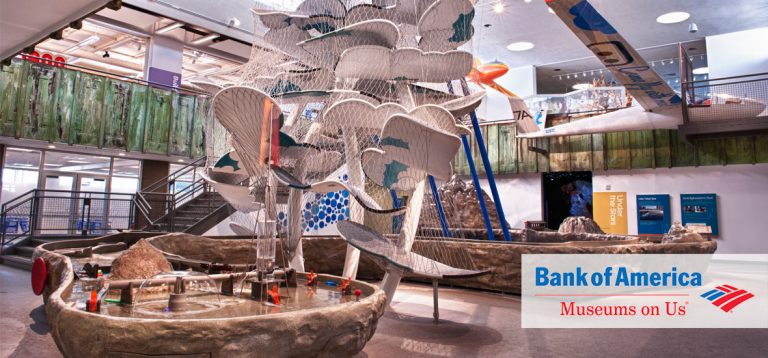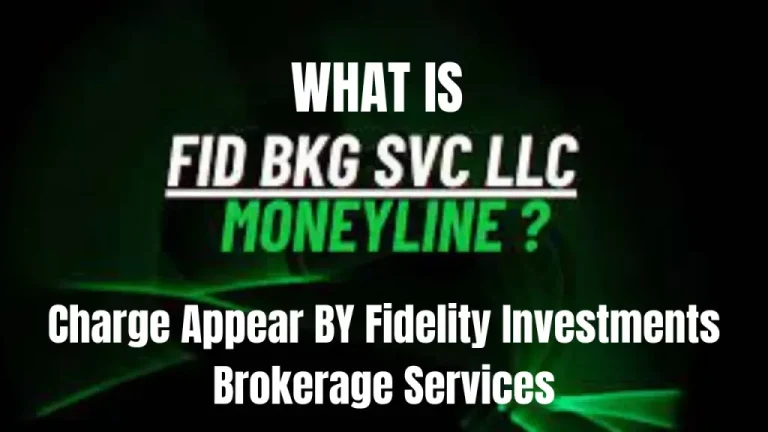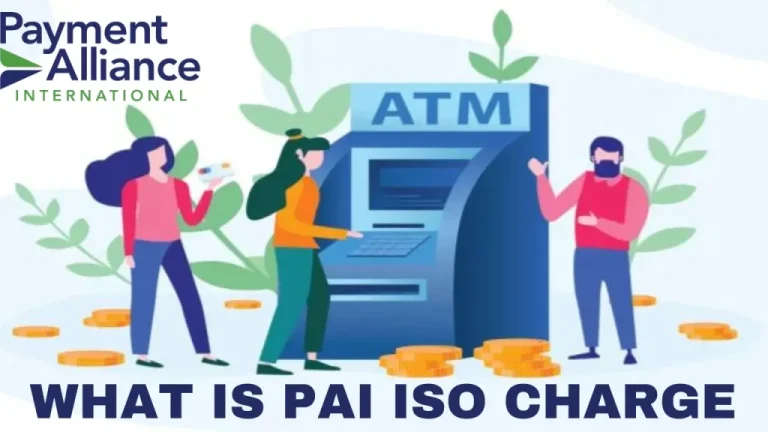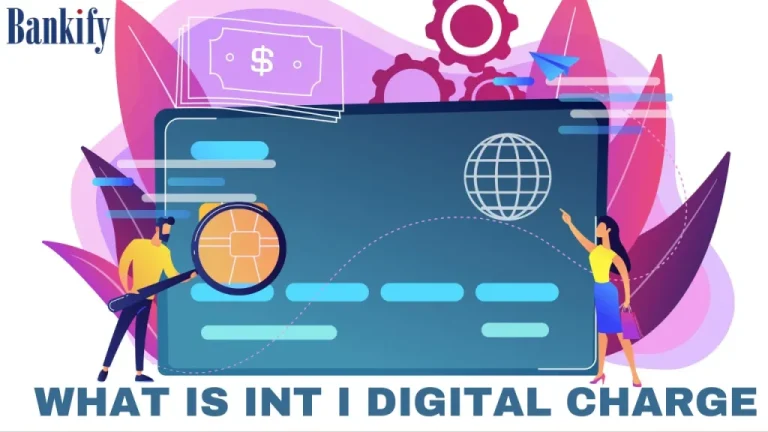High Risk Merchant Highriskpay.com
Are you looking for information about high-risk merchant accounts, especially high risk merchant highriskpay.com? Do you want to know about high-risk merchant accounts for tech support, individuals with bad credit, and different providers? If yes, then this article has everything you need.
Before going in depth, we will have a brief overview of high risk merchant
What Is a High-Risk Merchant?
A high-risk merchant is a business that faces a greater risk of chargebacks, fraud, or financial issues compared to regular businesses. Due to this increased risk, these merchants encounter challenges when seeking and processing payment providers.
High Risk Merchant List
Now, after a brief overview of high-risk merchants, here’s a short list of high risk merchants:
- Online Gambling and Casinos
- Pharmaceuticals and Nutraceuticals
- E-commerce and Dropshipping
- Debt Collection
- Cryptocurrency
- Tech Support Services
- Multi-level Marketing (MLM)
- Subscription services with recurring billing
- Businesses with a high volume of international sales
- Businesses that sell high-value items
- New businesses with no processing history
After having a short list of high-risk merchants, let’s discuss why they fall into the high-risk category.
Online Gambling and Casinos

Online Gambling and Casinos are high-risk merchants for a few reasons:
- Chargebacks: Customers might dispute losing bets, leading to higher chargebacks for the casino.
- Fraud: Risk of fraudulent transactions on accounts.
- Legality: Gambling laws vary by region, making it complex for processors.
Pharmaceuticals and Nutraceuticals

Both Pharmaceuticals and Nutraceuticals can be high-risk merchants for different reasons:
- Pharmaceuticals: Strict regulations and potential for misuse.
- Nutraceuticals: Lack of regulation and potential for unproven claims leading to chargebacks.
E-commerce and Dropshipping

E-commerce and dropshipping can be high-risk for processors due to:
- Chargebacks: Customers unhappy with product quality (dropshipping concern) or long wait times (e-commerce) might initiate disputes.
- Fraud: Online transactions are inherently riskier for fraud.
Debt Collection

Debt collection is high-risk for processors because of:
- Chargebacks: Customers may dispute the debt or feel pressured to pay, leading to them fighting the charge
Cryptocurrency

Cryptocurrency is high-risk for payment processors due to a few key reasons:
- Volatility: Crypto prices fluctuate wildly, making it risky for businesses to accept them as payment (potential loss of value).
- Chargebacks: Unlike traditional payments, crypto transactions are irreversible, increasing the risk of fraud or customer disputes.
- Regulation: The cryptocurrency market is still evolving, and regulations vary by region, making it complex for processors to navigate.
Tech Support Services

Tech support services are high-risk due to:
- Chargebacks: Difficulty proving value for intangible services and forgotten recurring charges.
- Fraud: Common tech support scams raise concerns for processors about fraudulent transactions.
Multi-level Marketing (MLM)

Payment processors view Multi-Level Marketing (MLM) as high-risk because of:
- Chargebacks: Expensive products and exaggerated income potential can result in dissatisfied customers seeking refunds.
- Similarity to Pyramid Schemes: Some MLMs blur the line between legitimate businesses and illegal pyramid schemes, posing legal risks for processors.
- Unpredictable Sales: Reliance on recruitment leads to unpredictable sales volume and risky cash flow.
Subscription Services With Recurring Billing

Subscription services with recurring billing can be high-risk merchants for a few reasons:
- Chargebacks: Customers might forget about the service and dispute the recurring charges.
- Customer churn: If customers cancel frequently, it can lead to lost revenue and unpredictable income for the business.
Businesses With A High Volume Of International Sales

Businesses with a high volume of international sales are considered high-risk merchants for several reasons:
- Fraud: International transactions are generally more susceptible to fraud due to difficulties verifying identity and location.
- Currency Fluctuations: Rapid changes in exchange rates can lead to unexpected losses for the business if not properly managed.
- Chargebacks: Complexities in international transactions can lead to misunderstandings and disputes, resulting in customer chargebacks.
Businesses That Sell High-Value Items

Businesses that sell high-value items are considered high-risk merchants because of the increased potential for fraud:
- Fraudulent purchases: Criminals might use stolen credit cards or identities to buy expensive items.
- Chargebacks: In cases of stolen items or buyer’s remorse, customers might dispute the charges, leading to financial losses for the business.
Since these transactions involve significant sums, even a small number of fraudulent purchases can significantly impact the business.
New Businesses With No Processing History

New businesses with no processing history are considered high-risk merchants for a simple reason: lack of data.
Which Factors Make a Merchant a High-Risk Merchant?
A high-risk merchant account is for businesses facing higher risks during the application process. Here are 10 key factors to consider when applying for such an account. Each bank and processor has a prohibited list, where approval is unlikely, and a high-risk category, where approval is possible with careful attention to detail. These factors are interrelated, and underwriting examines them closely. Addressing them all increases the likelihood of approval.
1-Business Category or Industry Type
Your industry classification, determined by MCC or SIC codes, plays a significant role. Certain industries like electronic cigarettes or telemedicine may face higher scrutiny.
2-Selling Environment
Whether transactions occur in-person (retail) or online (e-commerce) affects risk assessment. Card-not-present transactions, common in e-commerce and phone sales, are often viewed as riskier.
3-Product or Service
The nature of what you sell matters. Controversial products/services or those associated with high chargeback rates can elevate risk.
4-Chargeback and Fraud Likelihood
Industries prone to chargebacks due to dissatisfied customers or fraudulent activities face higher risk categorization.
5-Subscription and Continuity Billing
Recurring billing models raise red flags, especially with practices like forced continuity or free trials leading to unexpected charges.
6-Deceptive Sales Practices
High-pressure sales tactics or deceptive marketing strategies can impact risk assessment negatively.
7-Delivery Time
Delayed delivery of products/services, especially beyond reasonable timelines, can signal financial instability or poor customer service, leading to higher risk perception.
8-Personal Credit
The creditworthiness of the business owner or signer is evaluated, with bankruptcies, poor credit scores, or outstanding liens affecting approval chances.
9-Business Credit
A new business or one with weak financial history may be seen as riskier. Documentation showing financial stability can mitigate risk perception.
10-Average Volume and Ticket Size
Fluctuations in sales volume or unusually high transaction values can raise concerns about financial stability and fraud potential.
How Does a High Risk Merchant Account Operate?
High-risk merchant accounts function similarly to standard merchant accounts, but with some key differences to accommodate the increased risk associated with the business. Let’s learn, how they operate:
Similarities:
- Transaction Processing: Customers pay using credit or debit cards, and the funds are deposited into the merchant’s account after subtracting processing fees.
- Payment Gateway: A payment gateway acts as a bridge between the merchant’s website and the payment processor, securely handling the authorization and transmission of transaction data.
- Compliance: Both high-risk and standard accounts must comply with PCI (Payment Card Industry) security standards to ensure the safe handling of customer card information.
Differences:
- Risk Management: High-risk processors implement stricter measures to mitigate fraud and chargebacks. This might involve additional verification steps during transactions or holding a reserve on the merchant’s funds to cover potential disputes.
- Reserve Requirements: A portion of the merchant’s income may be held in reserve by the processor to act as a buffer for potential chargebacks. This reserve is typically released after a certain period of time with no disputes.
- Higher Fees: Due to the increased risk, high-risk processors often charge higher processing fees compared to standard accounts. These fees may include monthly statements fees, chargeback fees, and early termination fees.
- Application Process: The application process for a high-risk merchant account might be more precise, requiring detailed financial documentation and business plans to convince the processor of the business’s legitimacy and viability.
Differences Between a High-Risk & a Low Risk Merchant Account?
After researching well, I have created the following data on the difference between a high risk and low risk merchant account:
| Aspect | Low-Risk Merchant Accounts | High-Risk Merchant Accounts |
|---|---|---|
| Approval Process | Easier | Stricter (more documentation required) |
| Fees | Lower | Higher (to cover increased risk) |
| Restrictions | Fewer | More scrutiny on transactions (potential reserves) |
High-Risk Vs a Low Risk Merchant Account
What Are the Pros and Cons of a High-Risk Merchant Account?
Here’s a breakdown of the pros and cons of having a high-risk merchant account:
Pros:
- Account access: For businesses denied a standard account due to their high-risk classification, a high-risk merchant account provides a way to accept credit card payments and grow their business.
- Increased Revenue Potential: By accepting credit cards, you can reach a wider customer base and potentially increase sales.
- Fraud Prevention and Security: High-risk processors often have stricter security measures to help prevent fraud.
- Global Reach: You might be able to accept international payments, expanding your market reach.
- Business Sustainability: For high-risk businesses, a high-risk merchant account can be essential for long-term sustainability.
Cons:
- Higher Fees: Due to the increased risk, expect to pay higher processing fees than with a standard account. These can include monthly, transaction, chargeback, and early termination fees.
- Stricter Underwriting Requirements: The application process is often more precise, with more documentation needed to convince the processor of your business’s legitimacy.
- Risk of Account Termination: If you experience high chargebacks or fraudulent activity, your account could be terminated.
- Reserve Requirements: A portion of your income may be withheld in reserve to cover potential disputes.
In short:
High-risk merchant accounts offer opportunities for businesses that can’t get traditional accounts, but come with higher costs and stricter regulations.
Top 14 High Risk Merchant Account Providers?
While there isn’t a universally agreed-upon list of the “Top 14” high-risk merchant account providers, here’s a comprehensive list categorized by factors to consider when choosing one:
Established Providers with High Reputation:
- PaymentCloud: Known for excellent customer service, application assistance, and processing a wide range of industries. (Consider if you need help with approval or process various payment types).
- Host Merchant Services: Caters to large, high-risk businesses with customized solutions. (Ideal for established high-risk businesses with larger processing volumes).
- National Processing: Integrates well with Clover point-of-sale systems and offers ACH/e-check processing. (Good for businesses using Clover POS or needing diverse payment options).
- HighRiskyPay.com: Highriskpay.com, a high-risk merchant, offers features like chargeback management, fraud prevention, and ACH processing, even for businesses with bad credit. Approval usually takes 1-2 days, but underwriting may take longer.
Providers Specializing in Certain Industries:
- Shopify Payments (e-commerce): Streamlined solution for businesses already on the Shopify platform.
- PAX Global Technology (travel): Understands complexities of travel transactions.
- Stripe (subscriptions): Accommodates recurring billing models.
- CannaPay/PayHigh (CBD): Stay updated on CBD industry regulations. (Consider these if your business falls into a specific high-risk category).
Providers for Offshore Accounts or International Sales:
- Global Pay Processing: Handles high volumes of international transactions.
- Payoneer: Offers solutions for international merchants. (Look into these if your business operates internationally).
Emerging Providers:
- Dwolla: Developer-friendly API for integrating payments.
- Square: Relatively easy application process for startups/smaller high-risk businesses. (These might be good options for businesses that are new or digitally focused).
Lesser-Known But Established Providers:
- E Merchant Broker (EMB): Works with a wide range of high-risk industries.
- Instabill: Caters to both high-risk and international merchants.
- First Card Payments: Focuses on high-risk businesses (limited information online). (Consider these if you need a provider for a niche high-risk industry).
High Risk Merchant Account Providers in USA?
Here’s a list of some High-Risk Merchant Account Providers in the USA:
- PaymentCloud
- Host Merchant Services
- National Processing
- Shopify Payments (for e-commerce businesses on Shopify)
- PAX Global Technology (travel industry)
- Stripe (subscription services)
- CannaPay (CBD industry)
- PayHigh (CBD industry)
- Global Pay Processing (international sales)
- Payoneer (international merchants)
- Dwolla
- Square
- E Merchant Broker (EMB)
- Instabill
- First Card Payments
FAQs-High Risk Merchant Highriskpay.com
How do I choose a high-risk merchant account?
- Consider your industry, processing needs, and budget.
- Research providers specializing in your industry (if applicable).
- Compare fees, features, and contract terms.
- Look for transparent pricing and good customer service reviews.
How much do high-risk merchant accounts cost?
- Expect higher fees than standard accounts due to increased risk.
- Fees can vary depending on the provider and your business profile.
- Common fees include processing fees, monthly fees, chargeback fees, and early termination fees.
What is a bad credit merchant account?
- Not a specific category, but bad credit can raise red flags for processors, making it harder to get approved for any merchant account (standard or high-risk)
What is an offshore, high-risk merchant account?
- Caters to businesses operating outside the US.
- May have stricter regulations, higher fees, and limited providers.
How to apply and get approved for a High Risk Merchant?
- Research and compare providers.
- Gather documentation about your business and finances.
- Be prepared to explain your business model and risk mitigation strategies.
- Maintain a good credit history (if possible).
How can I increase my chances of getting accepted for a high-risk account?
- Have a well-developed business plan.
- Show strong financials and a history of responsible business practices.
- Implement clear refund and chargeback policies.
- Partner with a reputable payment processor.
What to do if you’re a high-risk business and need a payment processor?
- Research high-risk merchant account providers.
- Consider specializing in a lower-risk industry segment if possible.
- Focus on building trust and reducing customer chargebacks.
Does bad credit make you a high-risk merchant?
- It can be a factor, but it’s not the only one. Other factors like industry and chargeback history also play a role
What is a chargeback, and how do you protect it?
- A chargeback is when a customer disputes a transaction and gets their money back from their bank.
- Implement clear return policies, provide excellent customer service, and use fraud prevention tools to minimize chargebacks.
Our Verdict
- Our content offers valuable insights into high-risk merchant accounts, covering various industries and classification factors.
- Navigating this landscape requires understanding, proactive risk management, and strategic partnerships.
- Despite challenges like higher fees and strict requirements, high-risk merchant accounts offer growth opportunities in today’s competitive market.
- With the right approach, businesses can leverage these accounts to thrive in the digital world.



